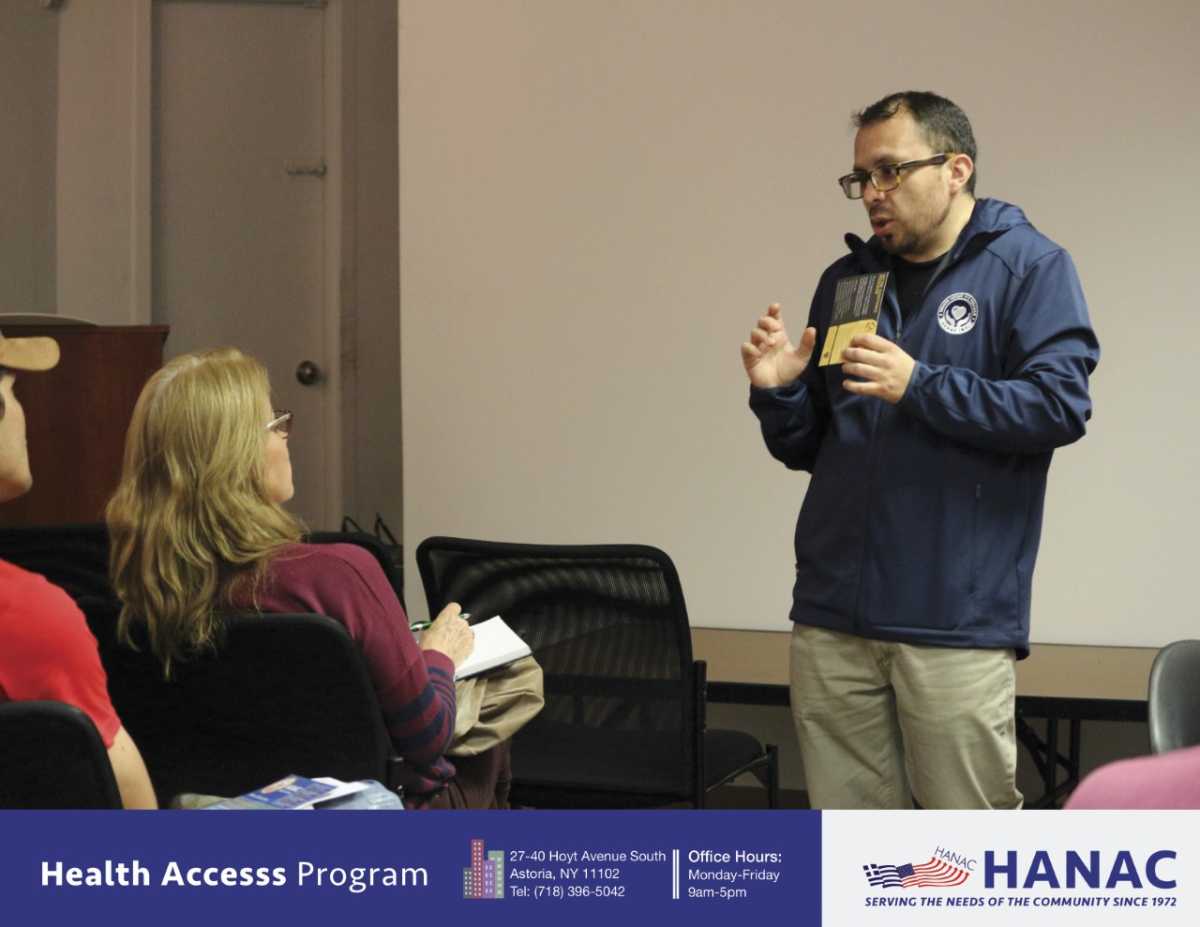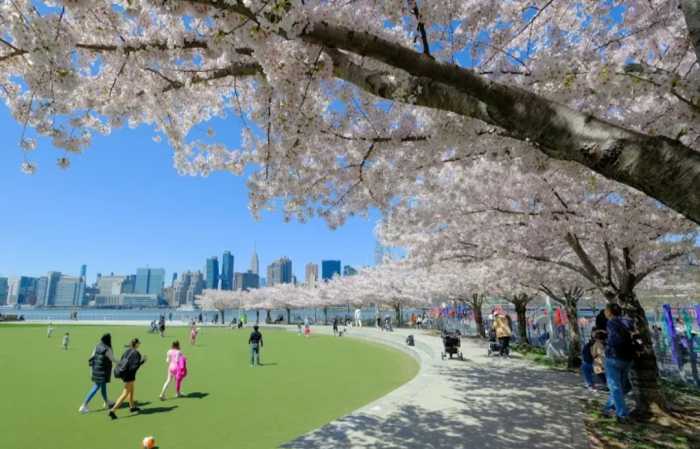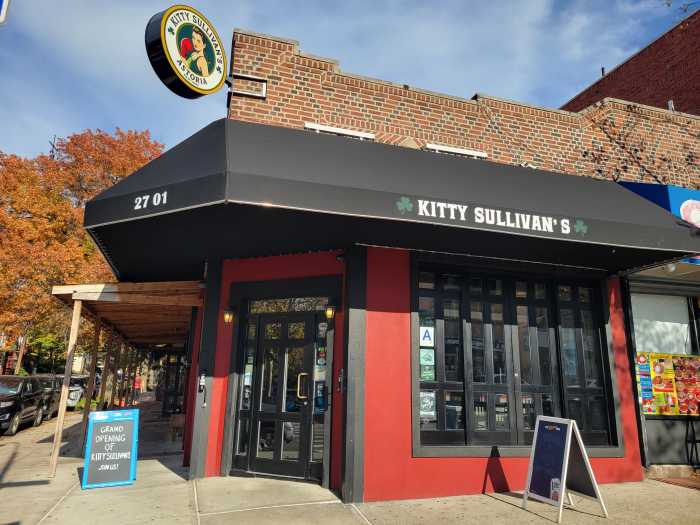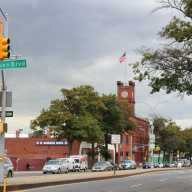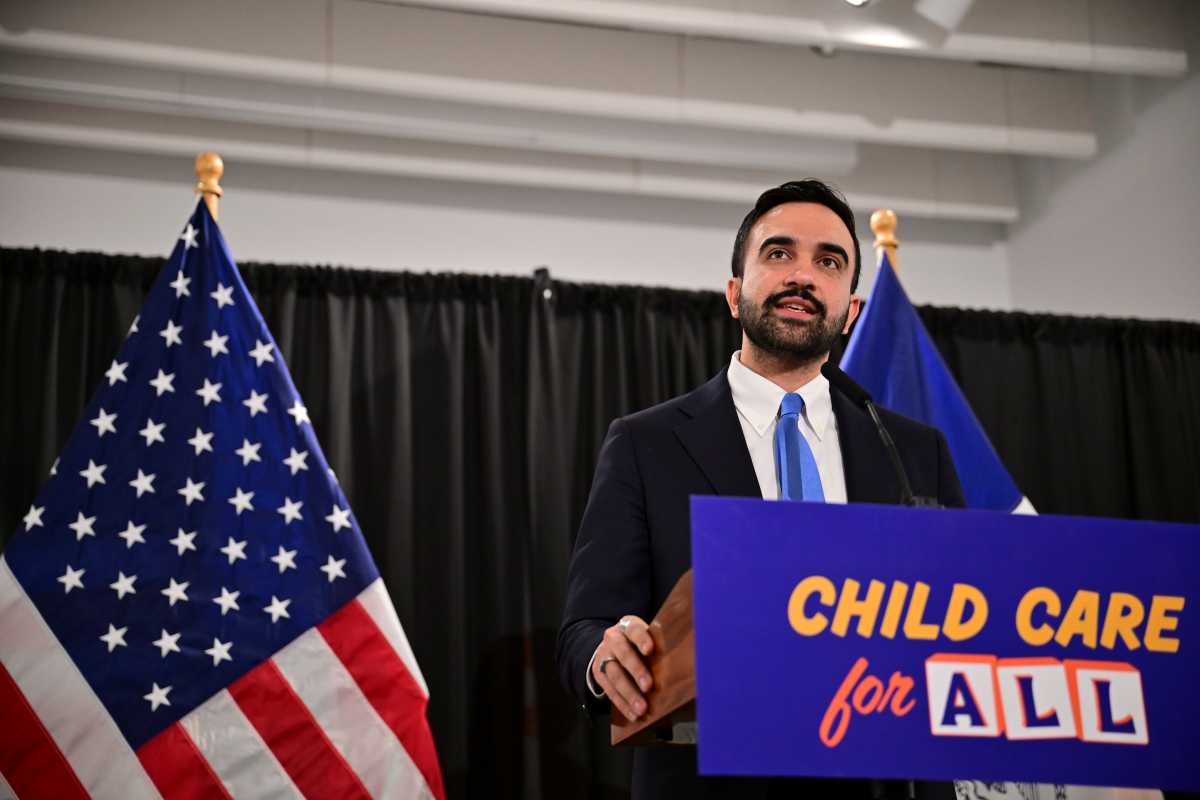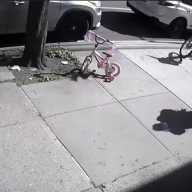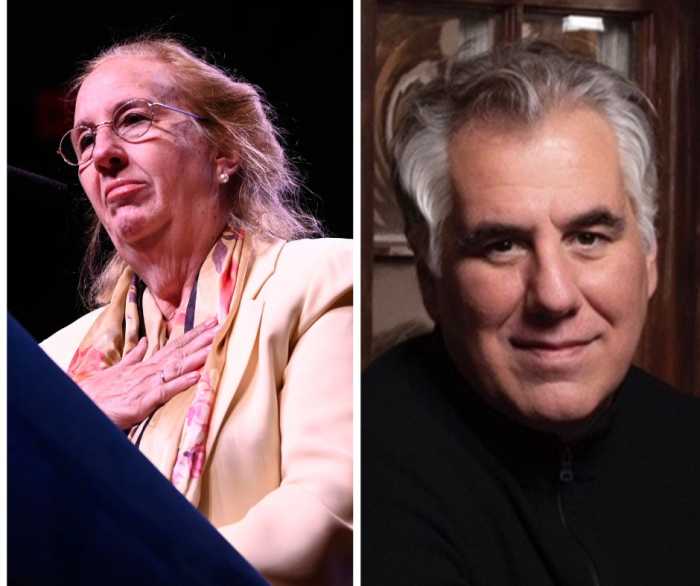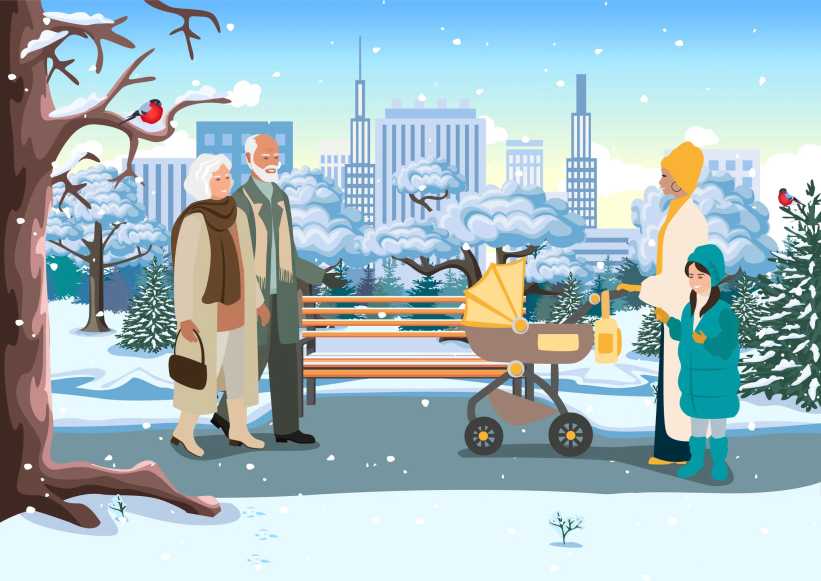The Hellenic American Neighborhood Action Committee’s (HANAC) Domestic Violence Program (DOVE) has been working to assist survivors of domestic abuse by providing them with the necessary protection and services.
Following the state Senate’s recent passage of a bill aimed at enhancing the scope of health equity assessments to now include reproductive and maternal health services, it is of the utmost importance for Queens residents suffering from domestic abuse to be aware of the protection and legal assistance DOVE offers.
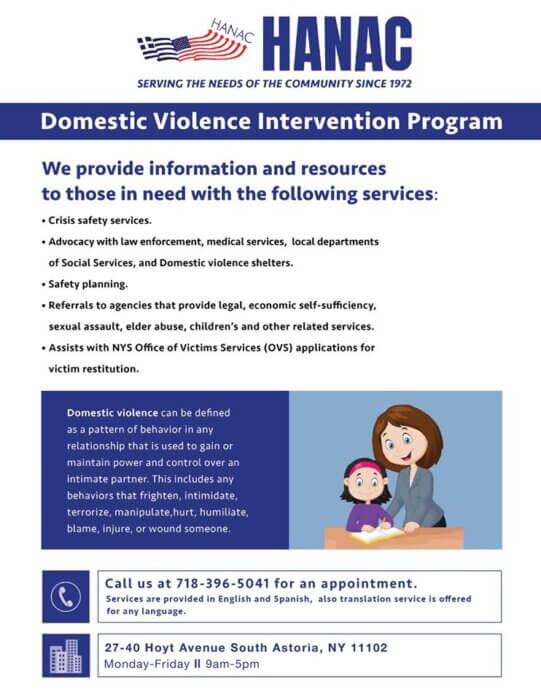
Among the protection and direct services available through DOVE to survivors of domestic abuse are safety work plans, counseling and access to affordable medical care. Additionally, HANAC supports these survivors by providing remote and virtual access to case workers, behavior monitoring and legal assistance. The social work cases involving those who have suffered traumatic, violent assaults and domestic violence abuse come at no cost to the people who the DOVE Program workers serve.
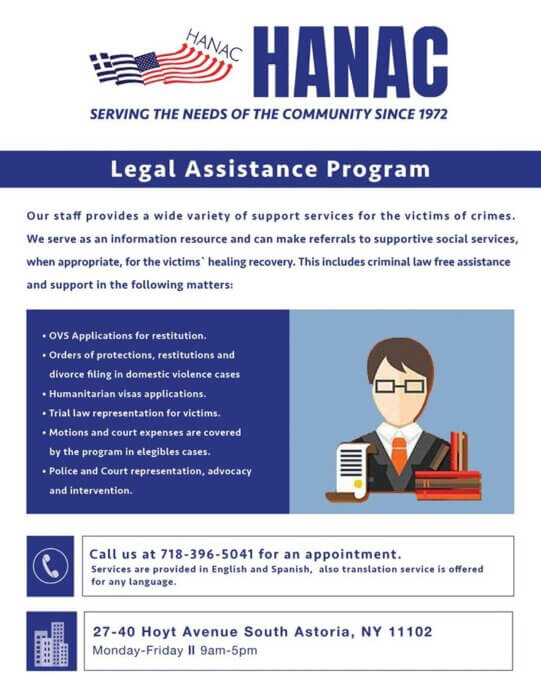
According to DOVE and Legal Victim Assistance Program Director Enrique Jerves, it is very important for DOVE to perform community outreach in order to better educate residents about the protections and assistance that HANAC can provide to those going through domestic abuse.
Much of the work Jerves and DOVE do for HANAC relates to education and awareness campaigns. They go to vulnerable communities like immigrants, single mothers and areas with low income to educate them about the harms domestic violence poses. These communities are taught about what exactly domestic abuse is and how those suffering from it can seek help and safety. This includes being taught how to file a report to the police and how to enforce restitution in case the perpetrator attempts to contact the victim again.
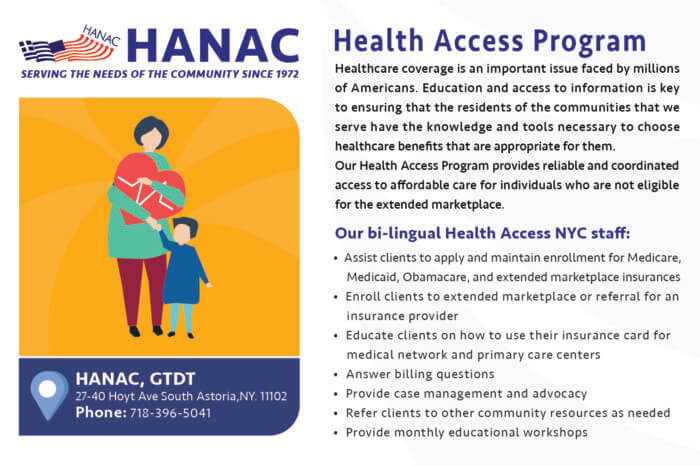
“We help [domestic abuse survivors] get connected with other resources, where they can get primary care or primary services,” Jerves said. “There is a gap for domestic violence survivors to get services. It can be due to different issues, like language barriers, knowledge barriers, education or financial status. When domestic violence survivors don’t know their rights, they are subject to be targeted for many crimes, like financial crimes, scams, extortion or assault.”
When discussing the importance of equitable access to support, Jerves felt that it is imperative to increase access to groups like HANAC. He also noted that increasing resources shouldn’t just be limited to non-profits. For example, the police could help domestic violence survivors by having more officers on patrol.
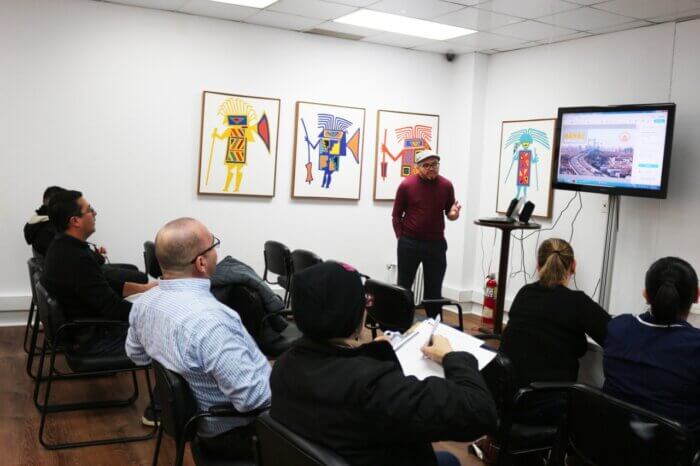
“Mental help is really important because speaking about domestic abuse is really difficult,” Jerves said. “Most of the time, the clients don’t want to speak about [their cases or scenarios]. So we find them a safer space where they can speak, where they can report and where they can receive the resources that they need. Then we do follow-ups, where they get connected with legal programs.”
HANAC has worked to provide essential services to New York City communities through programs like DOVE for 51 years. HANAC has devoted a lot of time and resources to support underserved and low-income communities.

